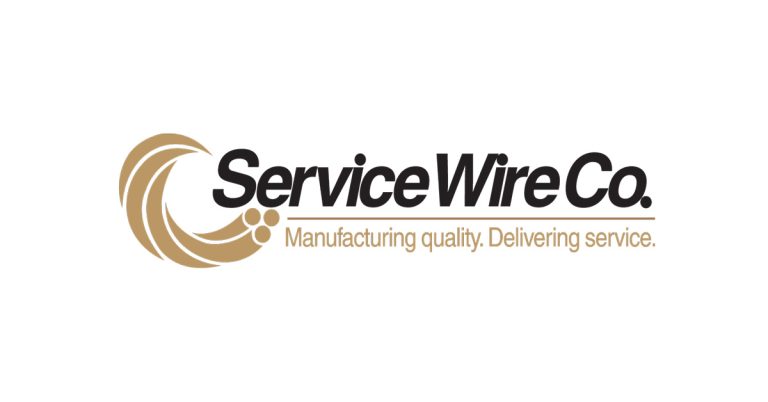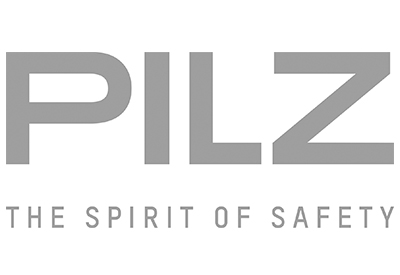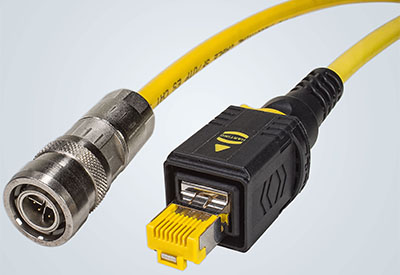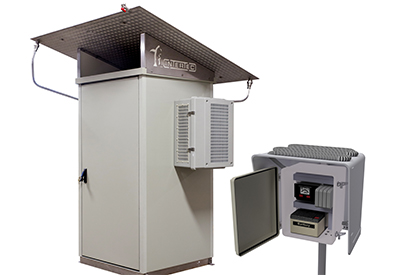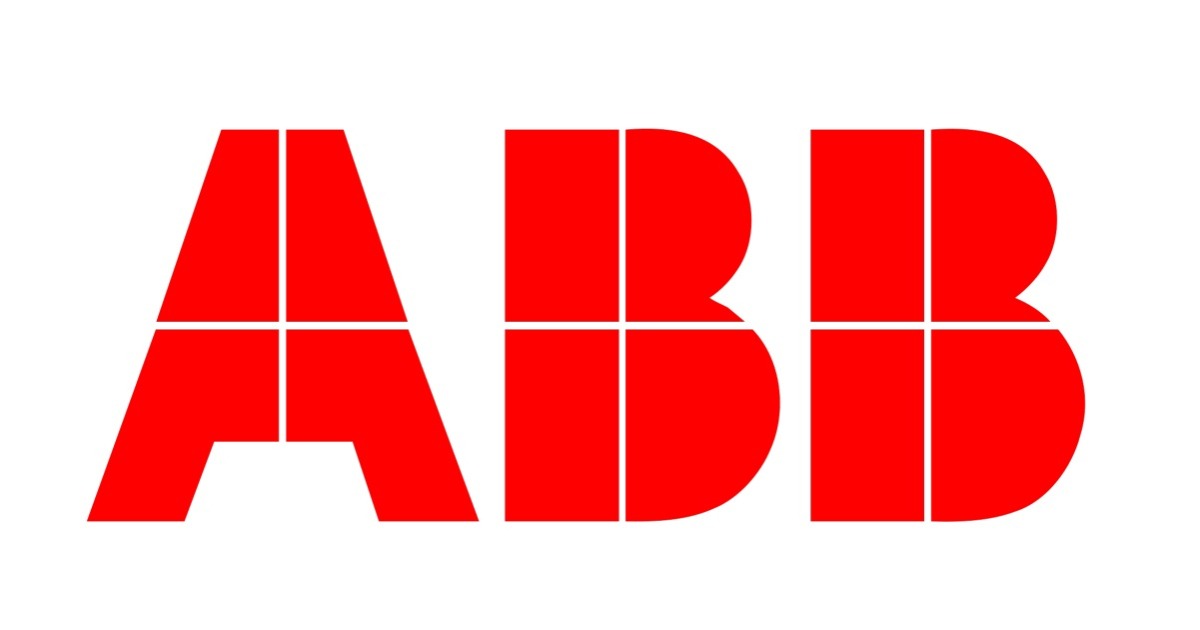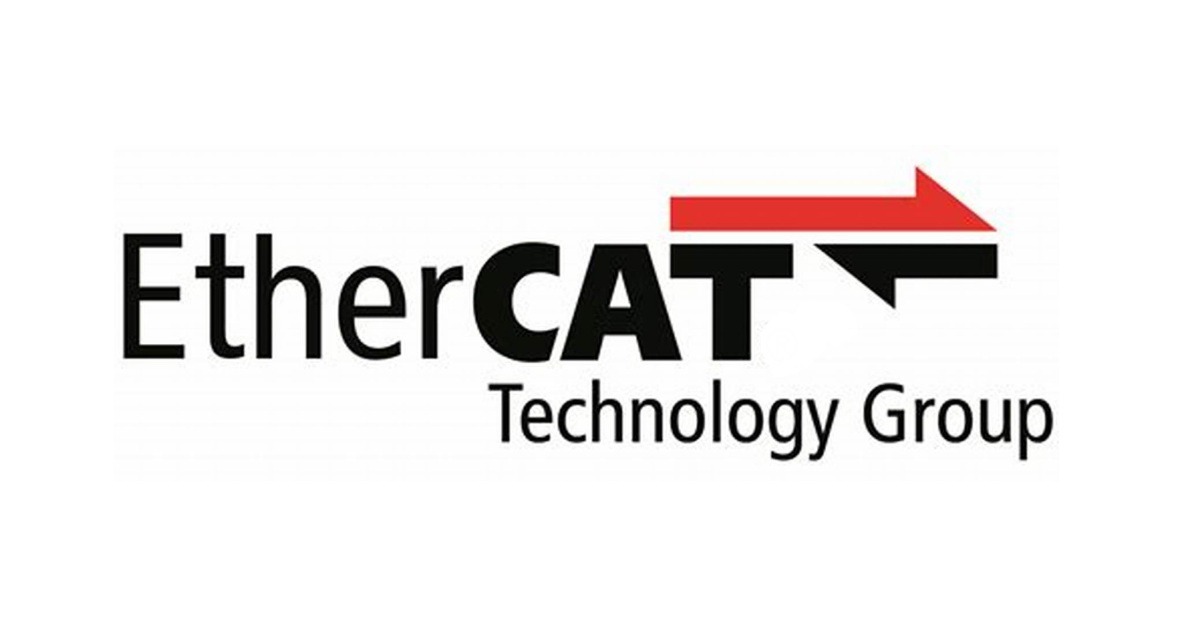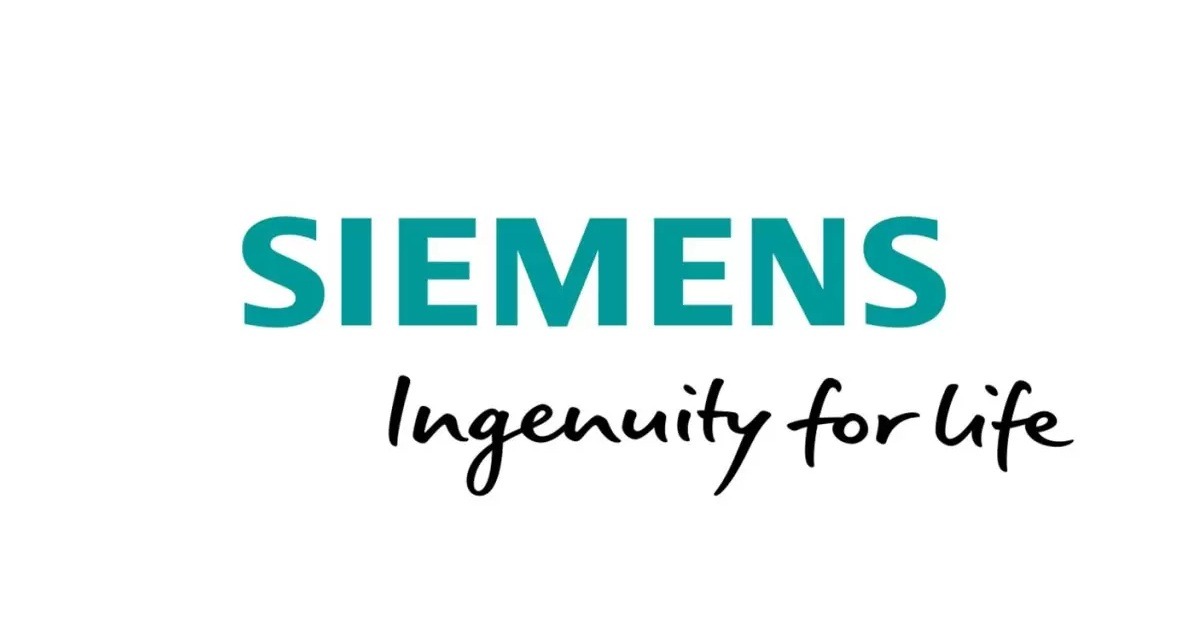Rittal – Hygienic design enclosures reduce cleaning & downtime!

“Maintaining highest standards of hygiene is a priority for the Food industry, but the key is how to achieve this while minimizing downtime and maintaining optimum output,” Tim Rourke, President, Rittal Systems Ltd., Canada
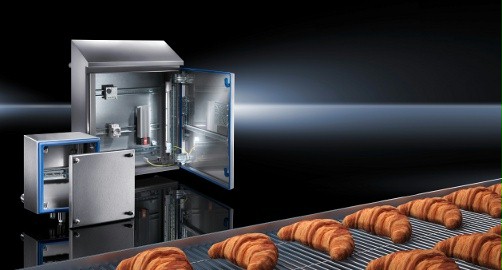
Downtimes during production represent the “worst case scenario” for plant operators. They reduce productivity and, consequently, impact sales. However, in hygienic-critical production situations, longer downtimes are unavoidable because of the amount of cleaning required.
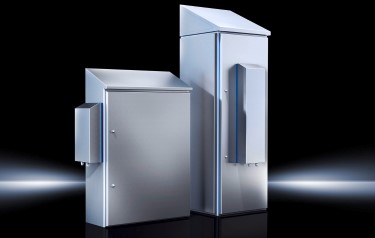
However, industrial wall-mounted enclosures and standard enclosures for machines and plants often fail to support a need for fast but effective cleaning. Their basic design as well as their various “nooks and crannies” make cleaning more difficult meaning they can be dirt traps and thus a breeding ground for germs.
Meanwhile, horizontal surfaces, where water cannot run off properly, also create the conditions for contamination.
High hygienic standards involved in food and beverage production – as well as in other highly regulated environments such as pharmaceutical cleanrooms and in the chemical industry – pose great challenges for plant constructors and production planners.
Hygiene and Hygienic Design
Alongside all these standards and guidelines sits hygienic design, which stands for one principle above all: provisions for the simple and thorough cleaning of everything that could come into contact with foods – from the machine to its enclosure. It is particularly important to remove so-called “dead spaces” or undercuts of any kind, as well as joints without radius, because such points are particularly prone to product residue accumulations, which in turn represent an ideal substrate for microbial contamination. For the same reason, surfaces with recesses such as the uncovered threads of screw connections, or screw heads with internal hexagons (Allen screws) or Torx screws are not allowed. Corners and joints must be smooth, gap-less and cleanly rounded.
To ensure that sprayed water is able to run off the surfaces of housings and enclosures in spray and wet zones, appropriately angled drain slopes must be provided.
The specially designed Rittal Hygienic Design (HD) enclosures meet these tough hygienic requirements and Rittal also offer a hygienic protective enclosure for the storage of fire extinguishers. One completely new addition is the hygienically designed air/water heat exchanger as a climate control solution, which Rittal now offers to complete its hygienic enclosure product portfolio.
The entire range has been meticulously designed to meet the requirements, regulations and guidelines of the food and beverage industry. All the external parts are made entirely of stainless steel, which means a high resistance to chemicals, cleaning agents and disinfectants.
The roof of the HD compact enclosures, which tilts forward by 30° (in accordance with the EHEDG guidelines) prevents objects being placed upon it. It also allows liquids to run off quickly and gives a good view of the top of the enclosure even where it has a higher mounting. The roof projection with its drip edge means water does not run down the outside of the enclosure, giving added protection to the top of the door seal. In addition, the door edge fold has a 10° tilt which means no residues that are washed off during cleaning can stick to the enclosure, so pockets of dirt cannot form.
The fasteners can be easily cleaned thanks to their special external contours with minimum radii, which are also designed to prevent the ingress of water. Internal hinges allow a very easily cleanable exterior design with an all-round silicone door seal that is free of gaps.
The enclosures meet the IP 66 protection category in accordance with IEC 60 529, as well as the NEMA 4X protection class, which means they can be cleaned with a high-pressure cleaner without any impact on their internal contents.
Tough and Resilient Door Seals
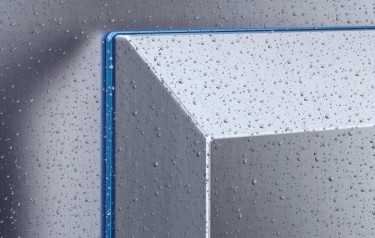
One special aspect of the HD enclosure is the nature of the seal.
Made of silicone instead of polyurethane (PU foam), it is more resistant to all kinds of detergents, and it is dyed blue, which makes it highly visible and identifiable as a “foreign object” in the event of any mechanical damage. The easily replaceable (but securely inserted) one-piece gaskets, which are safely fitted on the insides of the doors and panels to the outside, guarantee an unbroken seal.
Unlike rolls of seals that are bought by the metre, the seal does not need to be pulled or stretched during assembly, which means that no gaps appear at the ends. A reliable seal is rarely achieved with a butt-jointed strip or four mitre-cut sections, because the sealant can be unintentionally pulled, or a gap can form at abutting or mitre edges as it ages. But, with continuous HD sealing frames, the original degree of protection is assured, even after changing the seal.
HD Accessories
Enclosures can be bolted directly to the wall, even in food production, if a corresponding gasket is provided. But how durable is this type of seal? Minor damage may occur to the top edge of the seal and it may be some time before any contaminated liquid becomes visible or, worse still, before impairments are registered in the production process or products.
With this in mind, Rittal recommend that you leave sufficient space to clean behind the enclosure. The special HD wall spacer brackets from Rittal provide sufficient room behind the enclosure to allow all the contamination to be regularly removed through cleaning.
The floors of such production areas often have a slight incline to allow the water used for cleaning to drain off. Attaching enclosures to a ground that has an incline requires a little adjustment. A floor angle of up to 10° can be compensated for by using HD levelling feet, which have a levelling range of 55mm. Cleaning time is minimised by the use of fully covered, permanently sealed threads.
HD cable glands are cheaper and easier to clean than conventional ones, even with high-pressure cleaners. Their smooth, solid exterior surfaces stops the depositing of harmful micro-organisms. They can be inserted anywhere in the enclosure and can be used with cables ranging from 3 to 17mm in diameter.
Where Cooling is Required
Rittal has liquid-cooling systems for its enclosures that comply with the aforementioned strict hygiene requirements.
The most hygienic cooling method for enclosure climate control is an air/water heat exchanger. If a cooling water system is not available, then the water for individual heat exchangers can be provided via chillers which can be installed outside of the open process.
For smaller systems, the one-off procurement costs for heat exchangers, chillers and piping are generally slightly higher than the costs of classic wall-mounted cooling units. But a heat exchanger is the system of choice for hygienic environments and will quickly pay back the investment through reduced maintenance requirements and lower energy costs.
In addition to air/water heat exchangers for use with stainless steel enclosures, Rittal offers special HD versions in the 650- and 1250W output classes. Their design simplifies cleaning procedures and guarantees food safety. Rittal also offers busbar systems for different current ranges to ensure safe and standard-compliant power distribution in the HD enclosures.
The new HD brochure from Rittal includes information about the hygienic design of housings and enclosures and outlines the Hygienic Design range the company has to offer.
For more information, pls call 800 399-0748 or contact marketing@rittal.ca
Visit rittal.ca to obtain details about the Hygienic Design Promotion!

